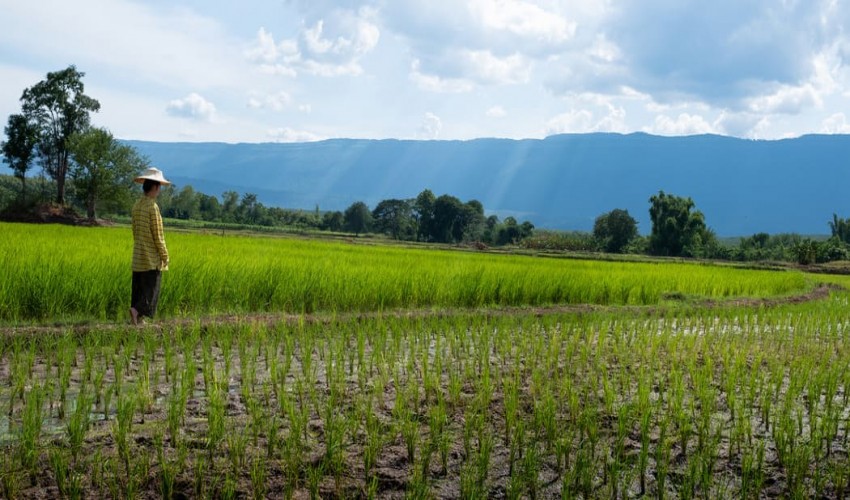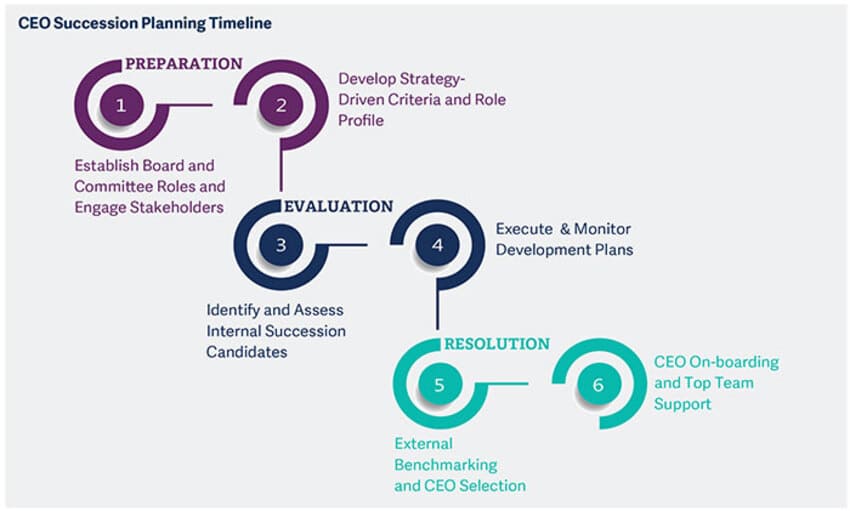Logistics and Supply Chain Management
37
A research that focuses on gender and food insecurity contributes to Indo-Pacific efforts toward recovery and preparation.
- Rating
- farmers
- papua
- agriculture
- myanmar
- women
- interventions
During the first and second years of the COVID-19 pandemic, academics from the Griffith Asia Institute (GAI) worked in conjunction with researchers from the Indo-Pacific to investigate the dangers that were posed to women in the region as a result of the economic difficulties and lack of food security that they faced.
The project was funded by the Australian Center for International Agricultural Research (ACIAR), and it focused on low-income women who worked in small-scale agriculture businesses. The goal of the project was to learn from these women's varied experiences and to comprehend how they had been impacted by public health interventions and the pandemic itself.
Professor Sara Davies and Associate Professor Robin E. Roberts put together an all-female team of in-country researchers in Myanmar, The Philippines, and Papua New Guinea. These researchers had strong links with the local people in each of these three countries.
According to Professor Davies, "local women networks are vital for performing this sort of study."
"It is essential to have an awareness of gendered experiences during times of crises in order to recognise the obstacles. The local women farmers and sellers wanted to talk about their experiences and provide advice to help other people in similar situations recover and remain resilient."
During the course of the pandemic, the researchers found that the degrees of insecurity faced by women rose much more than those faced by males.
There was a lack of consistent information on the spread of the virus, on the health precautions that were necessary, and on the welfare programmes that were available, according to several of the participants, who claimed that this was their greatest obstacle to food and income security. Women market sellers were at a distinct disadvantage because of the limits placed on their business hours, the high expense of personal protection equipment, and the higher risk of becoming victims of abuse, theft, and bribery. In addition, since women were often the ones in charge of managing the home, they frequently placed themselves in danger to a greater extent in terms of their health, safety, or finances than men did in order to ensure that their families had sufficient food or cash.
According to Associate Professor Roberts, "the variations in food insecurity experiences between women and men were connected to structural inequities rather than socio-economic or demographic characteristics."
"Greater disparities in economic security were found to be attributable to reproductive work responsibilities such as cooking, cleaning, and caring rather than age, level of education, or location.
"The rise in the women's unpaid work and care obligations, which led to a reduction in their earning ability, and the women's high representation in informal or self-employment meant that they were more susceptible to the economic effects of the pandemic. Because of their urgent need for financial assistance, they found themselves in precarious financial positions, and the lack of consistency in the lockdown information increased their sense of physical fear.
"Government support was available, but women didn't know if they were eligible, and they weren't willing to stand in welfare lines and expose themselves to the virus, so they often went without." "Women didn't know if they were eligible, and they weren't willing to stand in welfare lines and expose themselves
The final study outlines additional research possibilities for women in the Indo-Pacific area and offers steps for recovery and readiness in the event that an event similar to the one that took place in the past takes place in the future.
The results will be published as a Technical Publication by ACIAR, and Associate Professor Roberts will discuss the primary findings at the conference held by the Australian Agricultural and Resource Economics Society (AARES) in Christchurch in February 2023.
Leave a Reply
Your email address will not be published. Required fields are marked *


